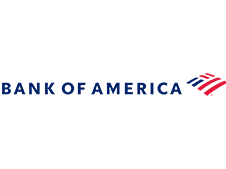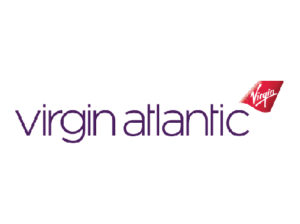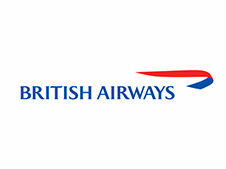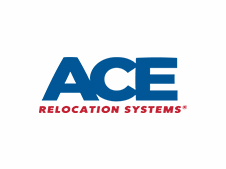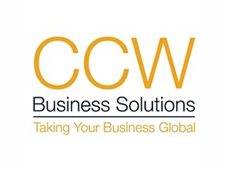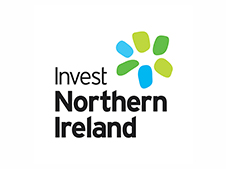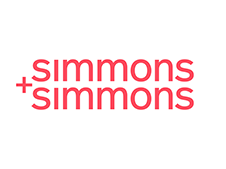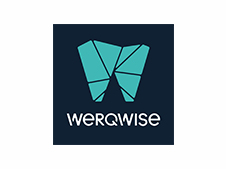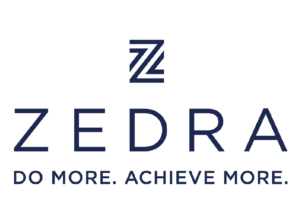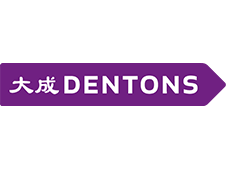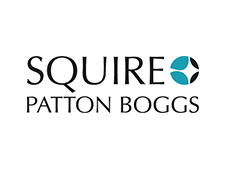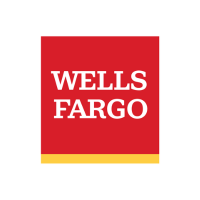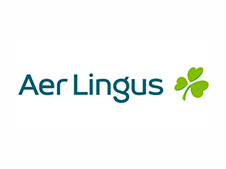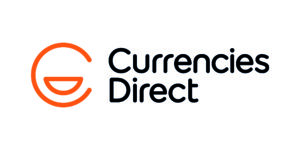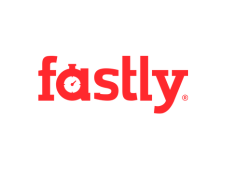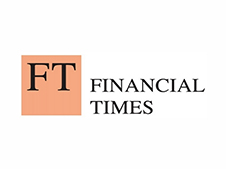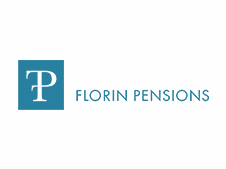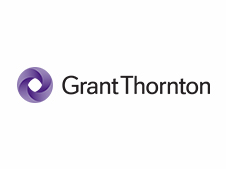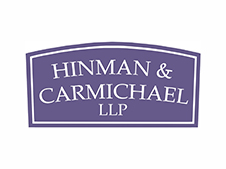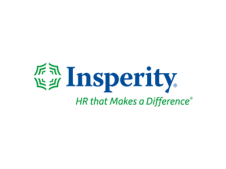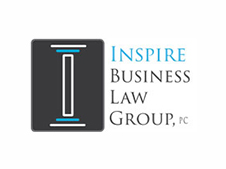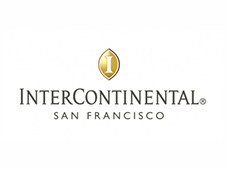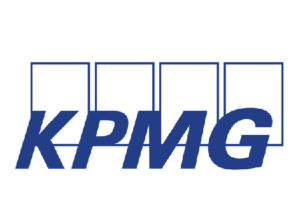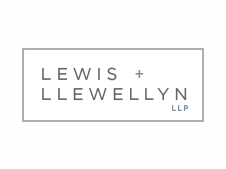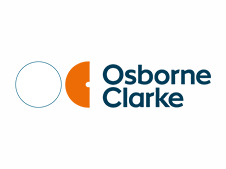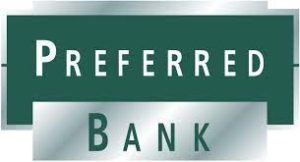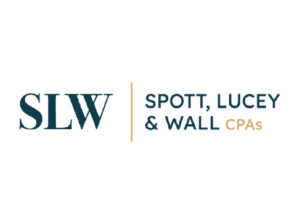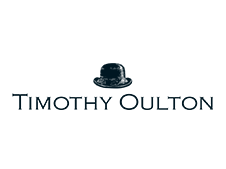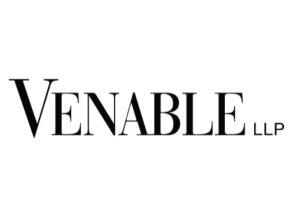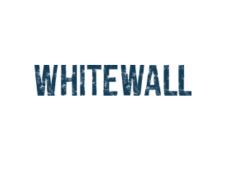The BABC Northern California hosted its 6th Annual “Funding, Exits and IPOs” event in Menlo Park on February 22nd 2017. The panel, made up of esteemed Silicon Valley Venture Capitalists and leading fintech journalists, gave their predictions and insights to over 75 guests in attendance. The panel consisted of Steve Goldberg, Managing Director of Venrock, Mitchell Kertzman, Managing Director of Hummer Winblad Venture Partners, Bill Reichert, Managing Director of Garage Technology Ventures, Hannah Kuchler, Tech Correspondent at the Financial Times, and was moderated by the West Coast Editor of the Financial Times, Richard Waters.
Richard Waters first addressed the big tech business story, Uber’s work culture scandal. The panel was not overly surprised that a scandal had hit a tech start-up. The panel commented that most entrepreneurs have a vision of the culture of their company and many startups disrupt the markets that they enter with a “rule breaking” mentality. Bill noted that this culture has led to pushing the limits and has made it difficult for them to draw a line on rules that should not be broken. With the personality of the leader often reflected in the company, the panel thought Uber should focus on ensuring their executive staff help keep the company compliant with federal and state law.
Richard then moved the panel, with much protest, to discussing how recent political factors: the US Presidential Election and Brexit have affected the stock markets. Steve commented that from his point of view, as an early investor, the current level of the stock market was largely irrelevant as he is looking further into the future. The panel thought that the market was irrationally exuberant; with the promise of tax cuts and deregulation harder to execute than expected. However, no one on the panel predicted a massive correction with Mitchell stating that the inertia of the economy would smooth over any major political bumps. Bill commented that in a more unstable world the US still provides a safe place to put assets.
The impact of immigration on the tech market was also discussed with Hannah arguing that if immigration policy is further tightened it puts the ball in the court of the other world tech hubs namely Vancouver and Dublin. Bill did not believe that Silicon Valley would face a sudden sea change and Steve agreed noting that while some tech jobs may move overseas companies will want to keep vital staff in the US. China’s booming entrepreneur market was also commented on; Bill said that he now receives more WeChat messages than email, with China forecast to overtake Silicon Valley by every measure in the next couple of years. However, Silicon Valley should not be overly concerned as China and Silicon Valley are operating in two different ecosystems. Steve noted that the Chinese corporate system and style is very different than the management style of Silicon Valley, with Chinese companies stuck with hierarchical management structures and longer time frames. Mitchell remembered back to the Japan Panic of the 1980s, reminding the panel that time and again it is innovation that wins out, although past performance is not a guarantee of future results.
The final topic of the day was the upcoming IPO of Snap, the company behind the picture messenger App SnapChat. Richard made the panel give their end of first day market finish. The panels prediction varied but with few other large tech companies, very few with massive possible ad IPOs coupled with SnapChats name recognition meant they expected it would have a good reception.
All that was left was for the panel to give their predictions for the year ahead. Steve looked to the future noting that drivers in the transport industry through autonomous vehicles had the potential to cause a disruption as big as the internet. Mitchell saw that funding has become more rational with fewer Unicorn’s driven to massive IPOs by the egos of their leaders. Hannah commented that the outlook for IPOs really depends on how Snap does and that with a consistent market companies with weak funding strategies could face problems. Bill argued that 2016 was a better year than data suggests and drew attention to the increase in AI related tech firms as a possible future source of IPOs.
We would like to thank all the panelists and attendees, as well as our Gold Sponsors: CCW Business Solutions, HSBC, Osborne Clarke, Carr McCellan, Emirates, and our Beverage Partner: Goldschmidt Vineyards
See the photos from the event here


